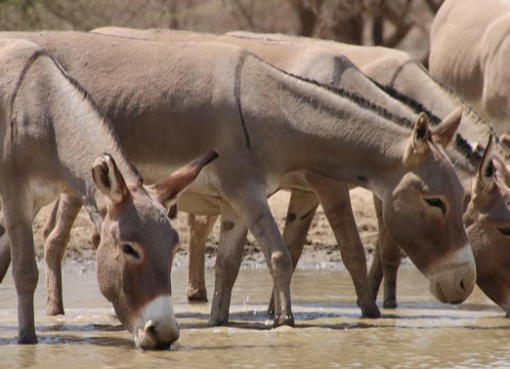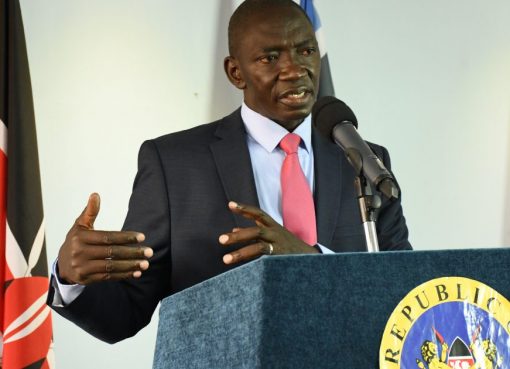Cases of illegal fishing at Lake Naivasha has risen to a worrying level in the last one month after the County patrol boats were grounded for what is alleged to be lack of fuel and maintenance.
Lake Naivasha Boat Owners Association chairman Mr. David Kilo said fishermen had for a long time been providing the county patrol boats with fuel and other maintenance costs and that it was high time the County was seen to be committed to its obligations.
He noted that in the last one month, three of the patrol boats located in different landing beaches had stalled leading to a patrol crisis hence attracting the illegal fishermen.
“The county government has totally neglected the department of fisheries in terms of funding and currently all the patrol boats have been grounded,” he said.
Kilo expressed concern over the increasing challenges currently facing the lake and identified water hyacinth and encroachment on to the riparian land as the major challenges which needed urgent attention.
According to him, the invasive weed was spreading at an alarming rate choking the lake and adversely affecting fishing and tourism activities around the fresh water lake.
He regretted that so much attention had been focused on riparian land around Nairobi yet Lake Naivasha which is critical to the economy of the country was being neglected.
This came even as the Imarisha Naivasha Board through its chairman Kamau Mbogo questioned the move to hazardously open corridors around the lake without conducting an Environmental Impact Assessment.
Mbogo noted that currently the number of informal settlements around the lake was on the rise with the number of inhabitants also increasing.
He regretted that the county was using tractors to bring down vegetation around the riparian land and allowing all manner of waste from the settlements to flow into the lake instead of first carrying out an environmental impact assessment exercise.
He noted that as a result, the lake which is the life-line of Naivasha town was heavily polluted and that irrational decisions by a section of county leaders were threatening the future of the water body.
He added that the organisation had recorded high cases of organic pollution in the lake was all the waste from Naivasha town and nearby estates was being washed into it whenever it rains.
He warned that unless urgent measures were put in place, the lake risked being contaminated by the wastes.
By Esther Mwangi and Mercy Kihugu




